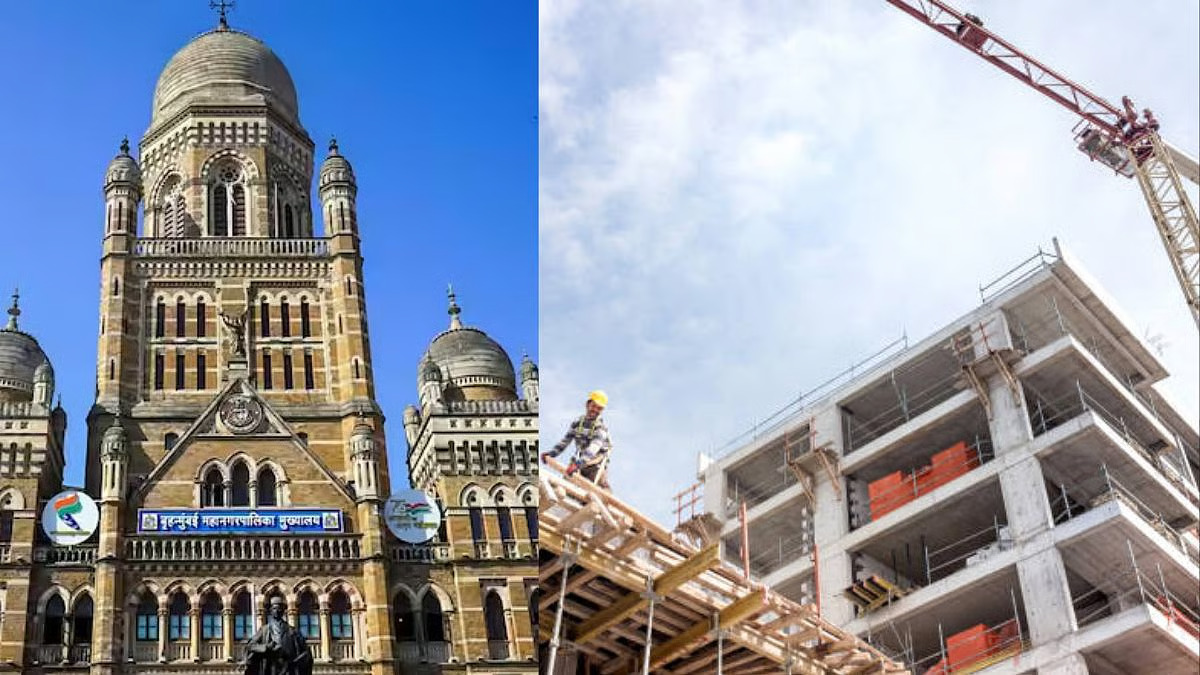Brihanmumbai Municipal Corporation’s (BMC) push for sustainable urban transformation, 86 developers have submitted bids for 47 slum redevelopment projects across Mumbai. These projects span both the island city and its sprawling suburbs, marking one of the largest developer engagements for slum rehabilitation in recent years.
The bids, opened on Thursday, cover over 51,000 slum structures situated on 64 municipal plots earmarked for redevelopment under Development Control and Promotion Regulation (DCPR) 2034, Regulation 33(10). These efforts are seen as pivotal to the city’s long-term vision for equitable housing and urban renewal. City and western suburbs, particularly areas like Goregaon, Borivali, and Lower Parel, have drawn the most developer interest. By contrast, eastern suburbs including Ghatkopar and Govandi attracted fewer bids. According to civic officials, the financial bids (Packet C) will be scrutinised within the next few days, and the developer quoting the highest premium will be selected. In case of a tie, a lottery-based selection process will follow.
Major private developers, including several high-profile firms from Mumbai’s real estate sector, participated in pre-bid discussions, reflecting growing confidence in the city’s regulated redevelopment model. The move to invite Expressions of Interest (EOI) in May came after 17 initial schemes faced logistical challenges and were placed on hold. The BMC’s model aims to integrate rehabilitation and market-rate housing while ensuring improved living conditions for existing slum dwellers. However, developers raised critical concerns during consultations. These included the need for accurate eligibility surveys of slum households and more flexible land use regulations. Current restrictions often limit the buildable area, impacting project feasibility.
Once selected, developers will undertake comprehensive responsibilities—from land surveys and slum household verification to designing, constructing, and maintaining both rehabilitation and commercial sale units. The holistic approach aligns with Mumbai’s urban sustainability goals, particularly the effort to curb urban sprawl, optimise land use, and integrate inclusive housing within municipal planning frameworks. Several of the redevelopment clusters are located in strategic zones such as Dindoshi, Malad, and Wadala. Proximity to transport hubs and business districts adds to their redevelopment potential, making these zones lucrative yet socially significant.
While civic authorities have committed to a transparent bidding and evaluation process, housing rights groups have urged caution. They emphasise that project success must not be measured by construction timelines alone but by how well it upholds the rights and welfare of original inhabitants. The initiative represents a crucial opportunity for Mumbai to address its persistent housing shortage while reclaiming urban space through inclusive development. As scrutiny of financial proposals begins, stakeholders across the urban landscape will be watching closely—balancing commercial interests with the city’s urgent need for equitable growth.
If executed effectively, this could mark a turning point in Mumbai’s complex slum redevelopment journey, offering a replicable model for sustainable, people-centric urban regeneration.
Also Read : Bengaluru Godrej Properties Acquires Land For Large Residential Project


